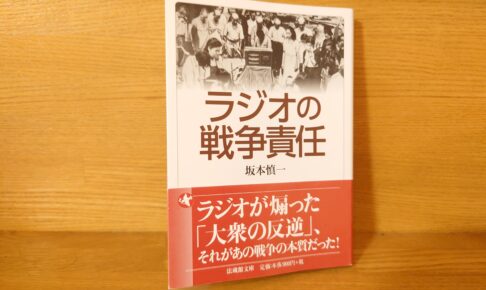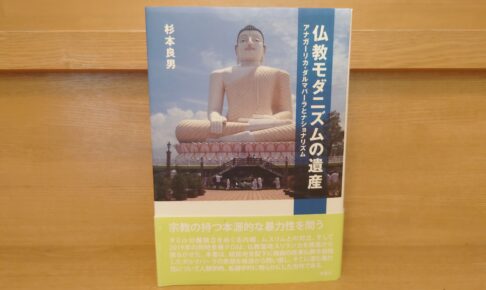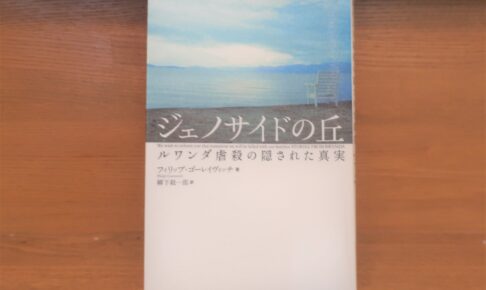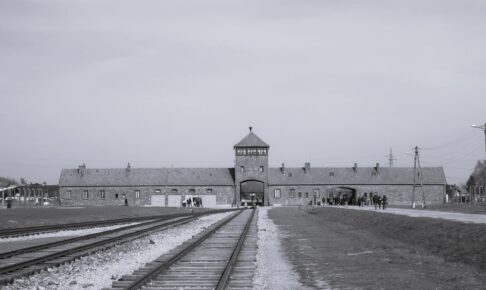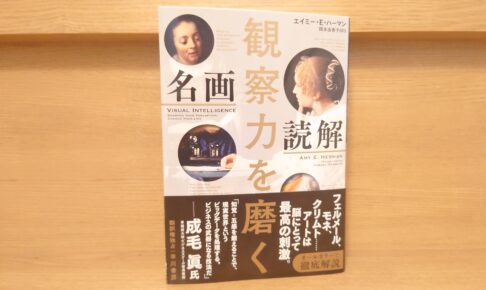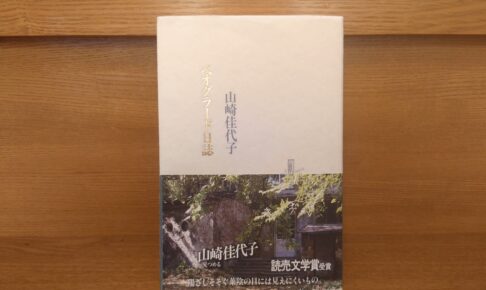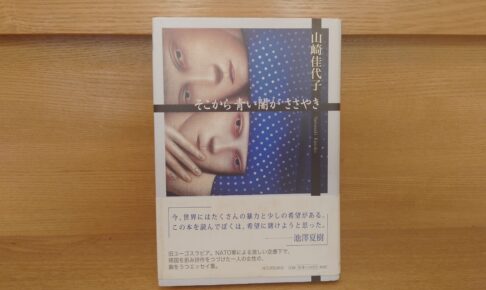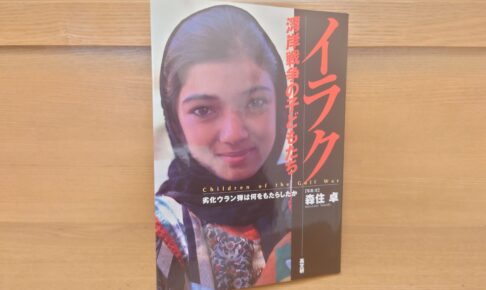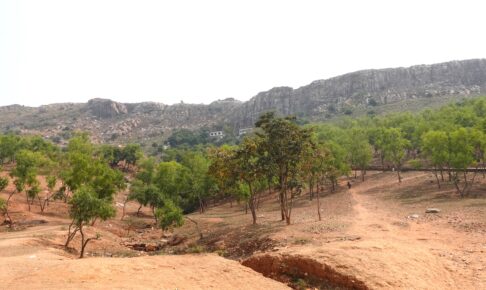(31) Buddhism Preaching Peace Causes Civil War? Thinking about Violence and Religion in Jaffna, a City in Northern Sri Lanka
Sri Lanka's civil war lasted 26 years, from 1983 to 2009.
This was a civil war between Sinhala Buddhists, the majority of the population, and Tamil Hindus, the minority. Of course, religion was not the only major factor, but I was shocked that Buddhism became involved in the civil war.












